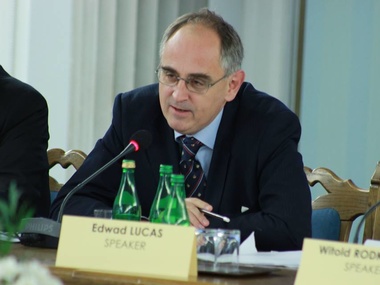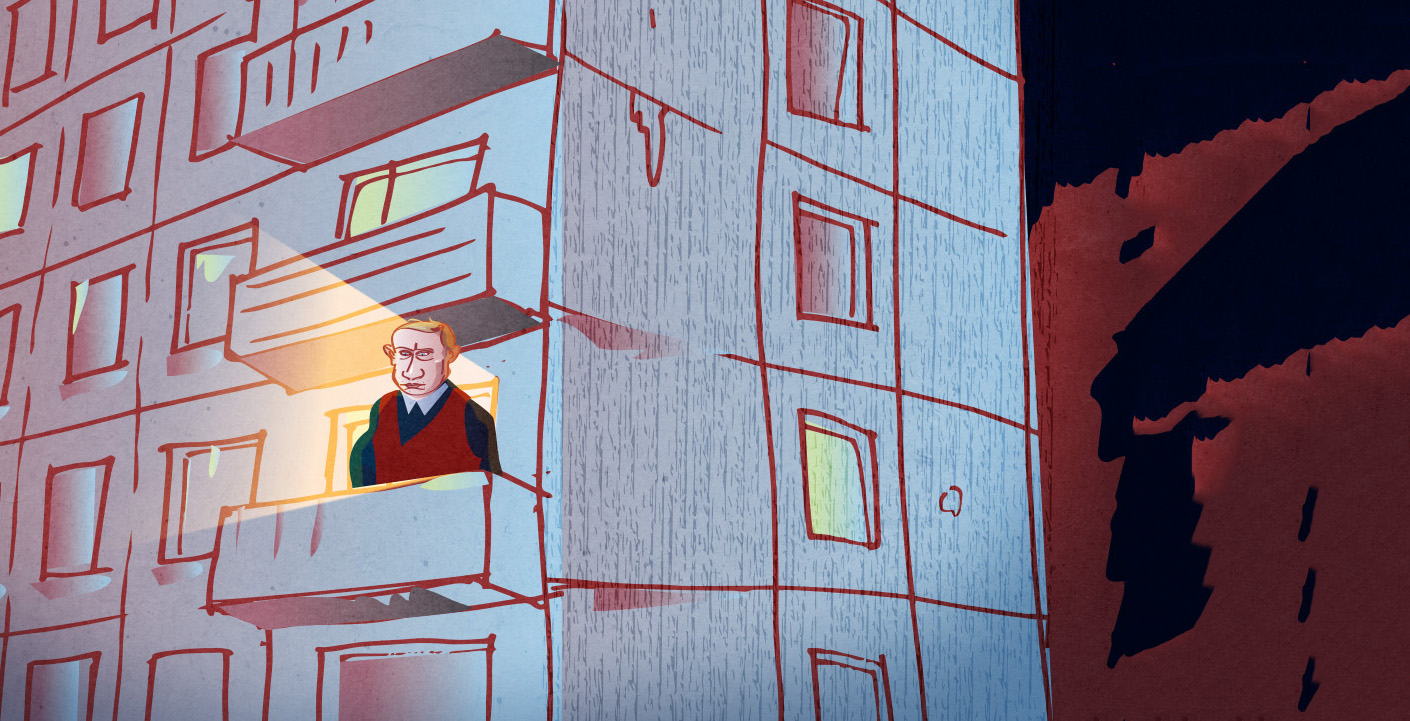Many Ukrainians and their supporters have misunderstood the Orthodox procession organized by the Ukrainian Orthodox Church, Vitaly Portnikov says. It is not about putting direct pressure on the Ukrainian government as some suppose but rather about making an impression on the Ecumenical Patriarch in Constantinople.
The only way for that to be different, the Ukrainian commentator says
, is for Ukraine to be made up of fanatic believers or even of people for whom religion is a central fact of life. But at the present time, Ukraine is, “albeit to a lesser degree than Russia … a land of Orthodox atheists.”
There are “millions” of them who are ready to light candles and bless kulich on Easter, he says; there are thousands who attend church; but “there are [only] hundreds who believe in God” and who are ready for real sacrifices in the name of the church. In fact, until recently, Portnikov suggests, there were exactly two such individuals: Patriarch Filaret and Metropolitan Volodymyr
[he died in 2014 - Ed.].
Because this is the case, he continues, “any provocations during the Procession will have a clearly expressed political and not a religious character, something that will be obvious to the unaided eye.” That is because actions which suit the devil are always different from those which suit God. “And Putin can’t change that.”
This means that the Orthodox procession “is a test not for the Ukrainian state but for the Ukrainian Orthodox Church of the Moscow Patriarchate,” which has been put in the position that it must somehow demonstrate that it is “really a Ukrainian church and not simply the politicized branch of one of the Russian administrative centers.”
Portnikov says that he is convinced that the leaders of that church understand this perfectly well.
They are acting now out of fear of “the real possibility” that the Orthodox world or at least large segments of it will recognize Ukrainian Orthodoxy as “canonical” and that they won’t be part of that because they will come to be viewed not as Ukrainian but rather as Russian on a space which is canonically not Russian.
Thus, he continues, “the Procession is not a road to Kyiv; it is a road to Constantinople, an attempt to show the Ecumenical Patriarch” just what he will be up against if he decides that Ukraine is its own distinctive canonical space. Whether this tactic will succeed is unclear, but it is critical Ukrainians understand what is going on rather than fighting something that isn't.
Related:
- The Great Orthodox Council ended. Now what for Ukraine?
- Inside Ukraine’s appeal for Church autocephaly
- How Russia used Orthodox fundamentalism to hijack the Church Council in Crete
- Orthodox world heading toward a new schism
- Authorities ready to demolish only Ukrainian church in Russia
- Pro-Russia militants in occupied eastern Ukraine torture protestant pastor to convert to Russian Orthodox Church
- Ukraine and the Orthodox Taliban
- The Orthodox Caliphate in Russia
- Ukrainian Orthodox Church of Kyiv Patriarchate in Crimea evicted from Cathedral





